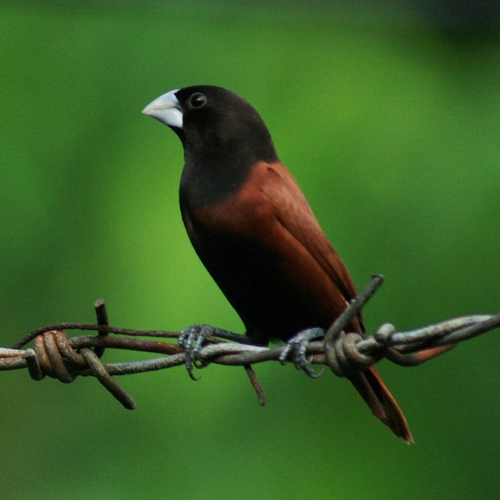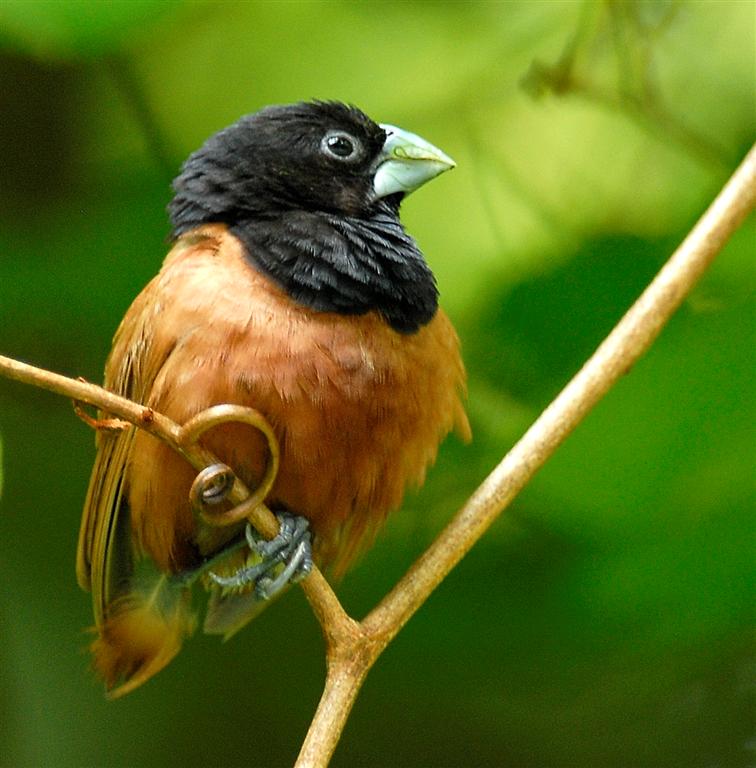Here is the new course/curriculum I am working on to teach as adjunct faculty in multiple places - ISSIP logo on title slide!
Course: Understanding Cognitive Systems
http://service-science.info/archives/4320
(See, too, Jim's service-science web site: http://service-science.info/archives/4279)
Lecture One: Two Worlds Today: Learning vs Building Cognitive Systems
> Understanding Cognitive Systems: Lecture One: Two Worlds
> video
understanding cognitive systems
> https://youtu.be/S1KD_cliGeU
> slides
> http://www.slideshare.net/
Lecture Two: One World Coming: Learning By Interacting
>Understanding Cognitive Systems: Lecture Two: One World
> video
> Doing my version of Pieter Abbeel's (Berkeley) talk: https://www.youtube.com/watch?
> slides
> http://www.slideshare.net/
Course: fourteen lectures of two hours each....
First hour: 20 minute lecture with pre-readings assigned + challenge questions and 40 minutes small group discussion
Second hour: 20 minute demonstration + challenge questions and 40 minutes of small group/individual building digital cognitive systems
Feel free to share - I am eager to get feedback, since I am developing fourteen lectures total for an adjunct course I will teach at universities.
Thanks, Jim
Jim Spohrer, PhD
Director, Understanding Cognitive Systems
IBM Research - Almaden
Innovation Champion: http://service-science.info/
*
Hi Jim,
Thanks. Your video, slides, course idea/curriculum and resume/CV + are excellent; I may revamp my CV/resume as I apply for a WUaS grant. The typology of emergent cognitive systems around 19 minutes is particularly topical and timely re developing related Cognitive Systems' sophisticated curriculum ahead to me and WUaS . (Conceptually, WUaS would be interested in hiring you). I enjoyed too Deacon's "Symbolic Species," and cite it in my actual / virtual Harbin ethnographic book as well; the larynx has been so important for symbolic communication.
Re grant writing, as this FC librarian said on Friday in Nancy Pelosi's Grant Writing Workshop:
Proposals often have to be 1000 characters or less these days, she said. She also said it usually takes 6 months to a year (sometimes 18 months) to be awarded a grant. All this has been very discouraging, and a disincentive to writing WUaS grant proposals, for me.
And if you don't have a track record whatsoever, it's very hard to get a first grant (and WUaS doesn't have a grant writing success track record whatsoever), so then, she said, it can be best to reach out to the community. How best to get the first WUaS grant then?
I often don't know in my multiple forays into the Foundation Center's labyrinthine databases of search fields for philanthropic organizations that could provide resources, how to focus a proposal for something so big as WUaS. And I especially don't know which very first Foundation to apply to. I'm attaching two grant proposals WUaS has written, one in 2011 to HP and one in 2015 to Cisco. And as you know, I applied to about 12 IBM jobs not long ago and didn't get one of them.
So your suggestion of focused time frames for grant proposals makes much sense. And your suggestion of focusing cultivating "competition" within ISSIP could make sense as well. But what kinds of competition? I'd like WUaS to become the online MITs/Harvards/Stanfords/Yales of the Internet in all ~200 countries' main and official languages (all as wiki Edge Systems too), as you may know. And I would think that competition plays a role in MIT and Yale students' thinking, for example, and even in terms of possible reward systems at these great universities. Does it?
How best to create this kind of generative competition online for matriculated students at WUaS (which is still a distant goal),
... and even for students who might be interested in taking a single WUaS course with a guaranteed job at the end - and re ISSIP and IBM/HP/Cisco? - (with perhaps some also cycling back into the competitive enjoyable 36 courses for a free Bachelor's degree at CC WUaS studying CC MIT OCW)?
WUaS would also like to develop a "course catalog" based on MIT OCW in 7 languages and Yale OYC, probably emerging newly out of Wikiversity / Wikidata (and possibly by collaborating with MIT's office of digital learning and with MIT Dean Cecilia d'Oliveira), as well as create "You at WUaS" for learners and as registrar + - anticipating 11 billion people in 2100. Could we bring MIT itself in on all of this?
What does MIT do in regards to cultivating certain kinds of students, as well as developing a related culture of international students on the ground in Cambridge, MA? - and even before students have a applied, while they are applying, and once they've matriculated? Could WUaS do some of this online? If so, how? All this by way of trying to think through a grant proposal vis-a-vis the FC (and find philanthropic organizations who would fund this) - that would perhaps focus on competition among learners at MIT OCW-centric WUaS and vis-a-vis ISSIP.
What would you suggest for focusing a first WUaS grant? And finding a first philanthropy? I think I can continue to learn a lot from you in these regards.
Grant proposal ideas:
- Apply for funding to create a competition among students to build the initial basis of a universal translation as a cognitive system around MIT OCW in 7 languages and Yale OYC and with Wikidata's 358 languages and in all 7,097 living languages, within 3 month, 1 year, 5 years and 10 years' frameworks.
- Apply for funding for your course, and, conceptually, to hire you as Dean of AI / CS at WUaS, anticipating all 8k languages, or even Executive Director of startup WUaS (for one semester).
- Apply for funding to teach my course - http://
- Apply for funding to develop a realistic virtual earth as STEM field site, classroom and cognitive system in all 8k languages with universal translator, libraries and museums with time slider (in 3 months).
Talk to Jyoti Sarin about funding sources at Cisco for some of the above re Foundations / Philanthropies / funding?
Would you like to become the Dean at WUaS of the AI / CS department (planned in many languages)?
I like your vision of Cognitive Systems as both biological and digital entities greatly, and think this would inform WUaS's emergence as a platform / cognitive system itself in very great and significant ways.
Thank you, Scott
*
...




No comments:
Post a Comment
Note: Only a member of this blog may post a comment.